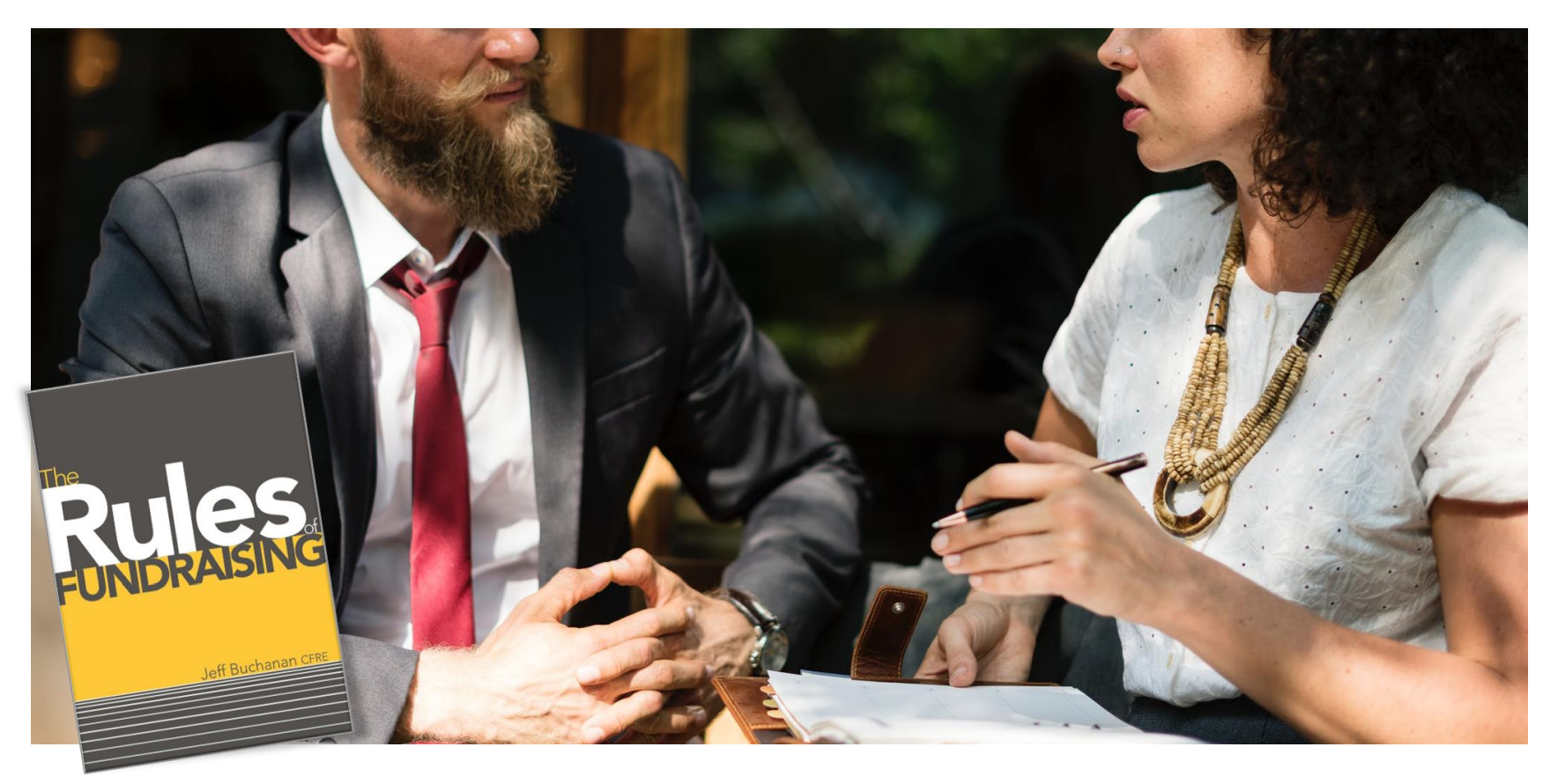
Whenever there is an opportunity, I make it my practice to ask major donors why they give, and I have lost count of the number of times I have heard a major donor respond “because I was asked”.
DONOR DECISION AND THE IMPORTANCE OF ASKING
Some fundraisers claim that “You will miss out of 100% of the gifts that you don’t ask for”.
From my experience, this is not true all of the time. Sometimes the donor will decide before they are asked. Think about that. Donors are smart people and they know that a request is coming. It’s hardly a surprise that some donors will make their mind up and tell you before you decide to ask.
My own experience has been one where more than half the time (say 60%), a prospective donor arrives at the next meeting and announces that they have made a decision about how much they will give. The good fundraisers are ready for this and will accept it with genuine appreciation and enthusiasm. If the fundraiser harboured a desire for a larger amount, then they begin to work on that as the next gift.
That being said, there will still be plenty of occasions when asking for donations is required.
USE CRITERIA WHEN ASKING FOR DONATIONS
Experienced fundraisers will usually have a number of criteria they use to judge if the circumstances are right to ask for a gift or if a longer wait is warranted to ensure that the circumstances are right.
Some key criteria, framed here as questions, would be:
- Have we picked the right project?
- Do we have an amount to ask for?
- Is this the right timing?
- Have we got the right person asking?
BE SPECIFIC WHEN ASKING FOR DONATIONS
There are many ways to ask (spoken, written, etc) but no matter which way is used, it has to be a clear and specific question with a specific amount.
When I have asked for major gifts, or worked with others who are asking, I have often used two methods:
- “Hannah, how would you feel about giving a gift of $100,000 to the scholarship appeal that will make a big long-term impact by supporting 3 students every year for the next 3 years?”
- “Hannah, will you give a gift of $500,000 as the lead gift in our Empowering Potential campaign?”
You may even determine that it is wise to include your donor’s partner: start your question with “Hannah and Bill…”
AVOID UNWANTED ASSUMPTIONS
Note that I did not ask by saying “give whatever you think is right”. Intuitively this sounds like a less confronting and polite way to ask but in practice it can lead to a series of unwanted assumptions: that you haven’t thought about this enough; that you don’t care about the project; or even that you don’t have a firm plan. Where possible, the specific amount you end up asking for should already have been tested in earlier conversations.
PRESENT YOUR ASK CLEARLY
In the more transactional types of fundraising (mail, e-mail, text message or similar), an ask should still be clearly presented. Strategically, you may be trying to upgrade a donor’s level of giving from $100 to $150 with a new proposition. Nonetheless, the ask is always specific and must be clearly linked to an outcome.
